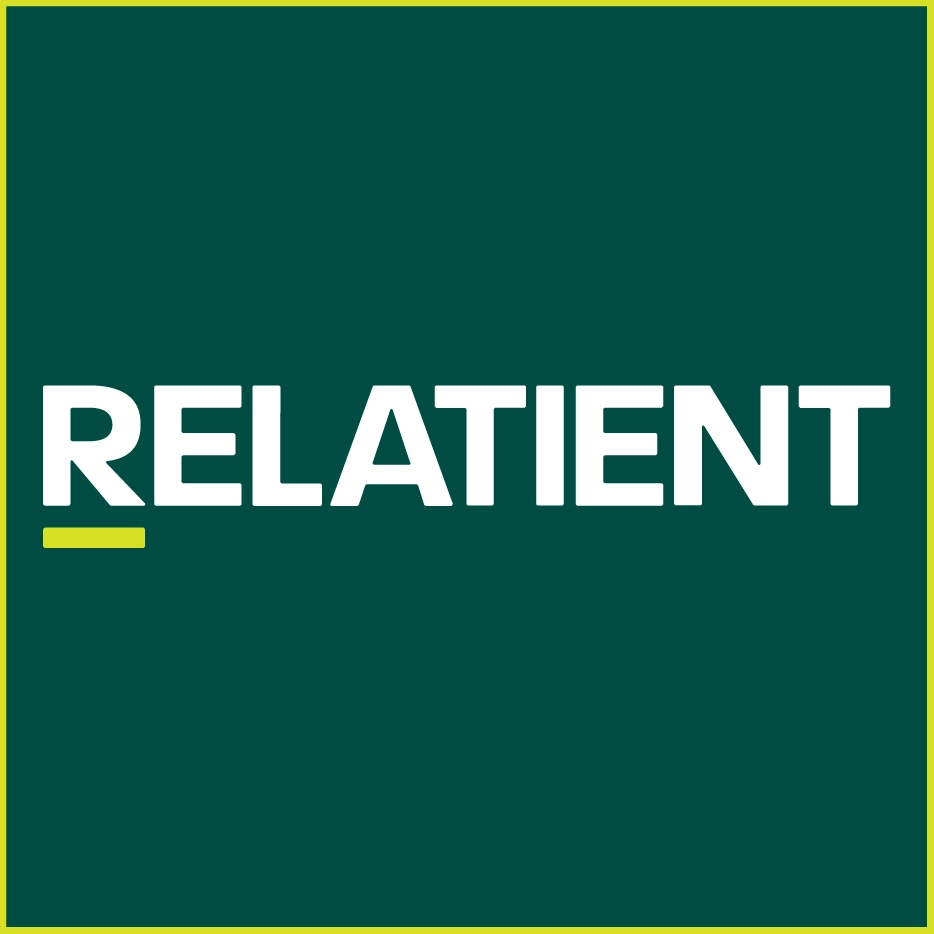How Digital Health Tools Are Revolutionizing Healthcare
Digital health tools promise to enhance patient experience and streamline administrative processes in the rapidly evolving landscape of healthcare. However, an alarming number of these tools fail to adequately address the pressing issues at the heart of healthcare delivery, from patient scheduling to communication logistics.
Yet, amidst the clutter of ineffective solutions, a beacon named Dash is transforming the healthcare scene. This innovation is dedicated to confronting and resolving the challenges that often complicate patient engagement and care scheduling.
Dash’s impact is monumental, enhancing operational efficiency, improving patient satisfaction, and, importantly, unburdening healthcare providers. With the continual evolution of digital health tools, solutions like Dash could well define the future of patient care and experience.
Now, let’s hear more about this from Emily Tyson, Chief Operating Officer and Jeff Gartland, CEO at Relatient, on this episode of Dash Talk.




